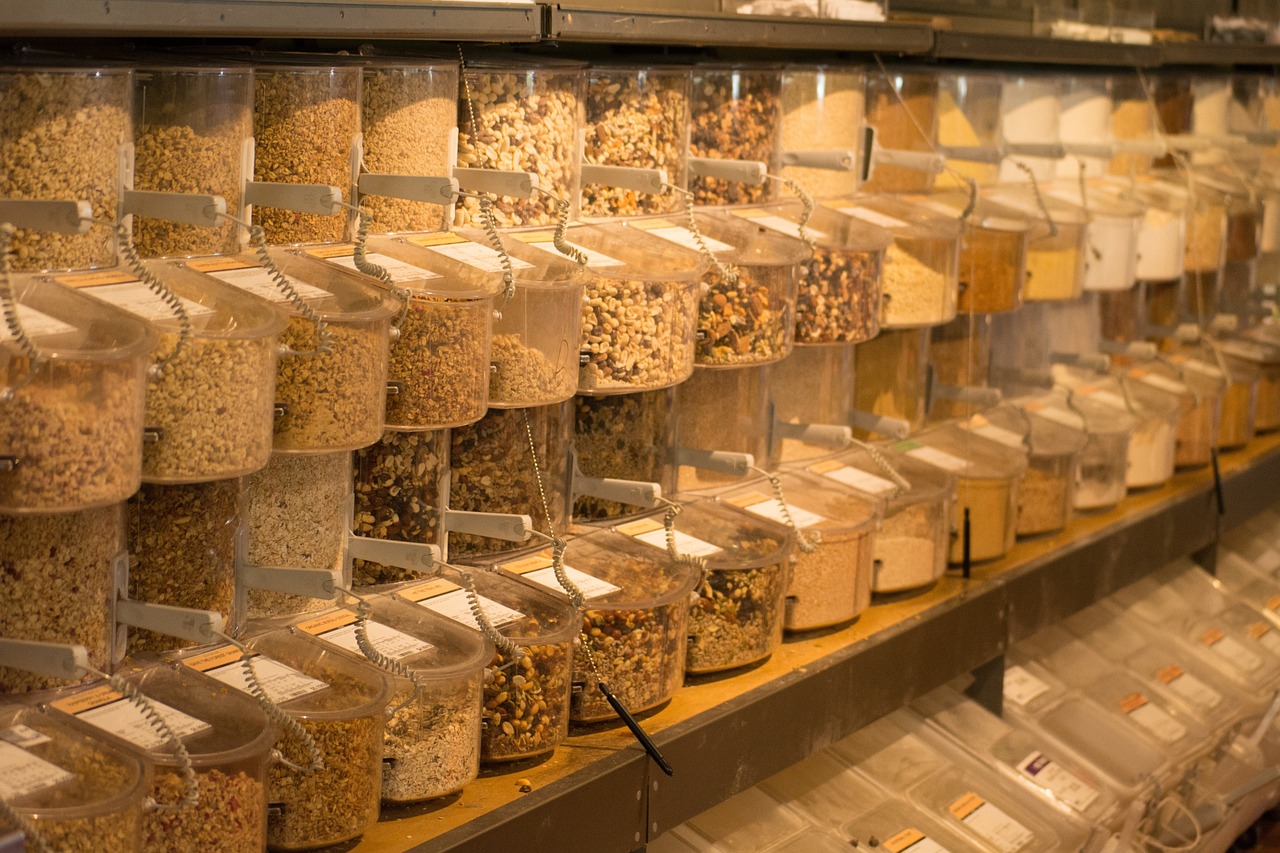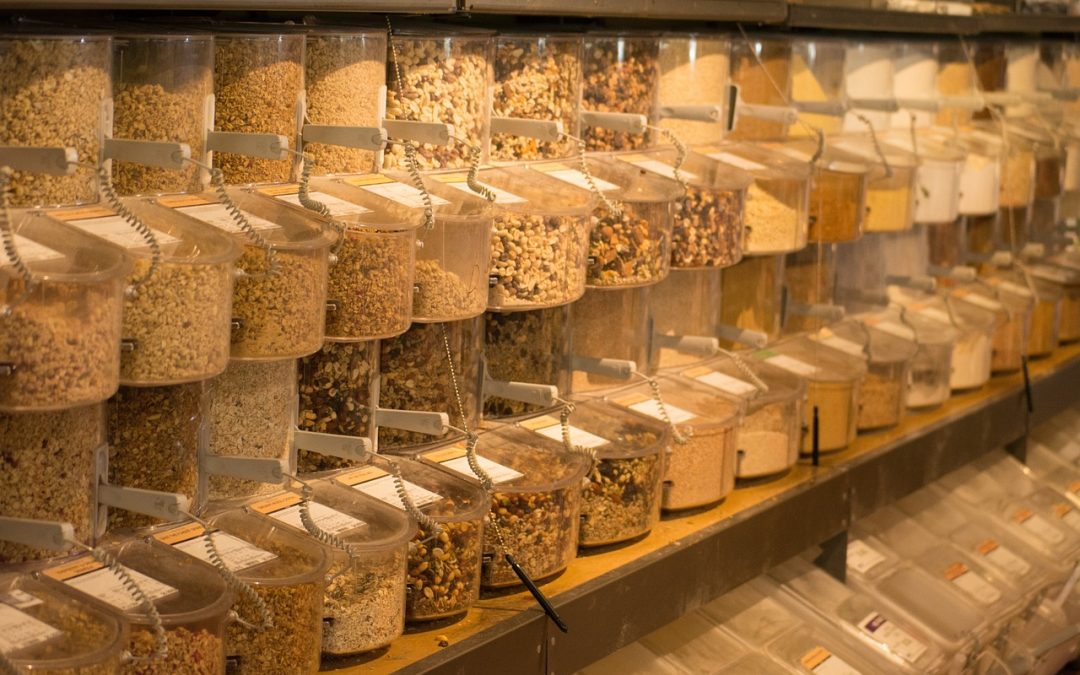Have you ever wondered how eating whole foods can significantly boost your energy levels throughout the day?

Understanding the Benefits of Whole Foods
When it comes to fueling your body for optimal performance, whole foods are the way to go. Unlike processed foods that are packed with artificial ingredients, preservatives, and added sugars, whole foods are natural, nutrient-dense foods that provide your body with the essential vitamins and minerals it needs to function at its best.
What are Whole Foods?
Whole foods are foods that are in their natural state or have undergone minimal processing before reaching your plate. These foods are rich in nutrients, including vitamins, minerals, antioxidants, and fiber, making them an excellent choice for maintaining overall health and well-being.
Examples of Whole Foods
Some examples of whole foods include fruits, vegetables, whole grains, nuts, seeds, lean protein sources, and healthy fats. These foods are not only delicious but are also packed with essential nutrients that can help you feel energized and ready to tackle whatever the day throws your way.
Importance of Whole Foods for Energy Levels
Consuming whole foods on a regular basis can have a profound impact on your energy levels. These foods provide a steady source of energy throughout the day, helping you avoid the dreaded energy crashes that often come with consuming processed foods high in sugar and refined carbohydrates.
Stable Blood Sugar Levels
One of the key benefits of whole foods is their ability to help stabilize blood sugar levels. Unlike processed foods that cause rapid spikes and crashes in blood sugar, whole foods release energy slowly, providing a consistent source of fuel for your body and brain.
Essential Nutrients
Whole foods are rich in essential nutrients that are vital for energy production in the body. Nutrients such as B vitamins, iron, magnesium, and antioxidants play a critical role in converting food into energy and optimizing cellular function.
Improved Digestion
Whole foods are also beneficial for digestion, which is essential for absorbing and utilizing the nutrients in the foods you eat. A healthy digestive system can help prevent bloating, gas, and other digestive issues that can sap your energy and leave you feeling sluggish.
Top Whole Foods for Boosting Energy
Now that you understand the importance of whole foods for energy levels, let’s take a look at some of the top whole foods you can incorporate into your diet to keep your energy levels soaring throughout the day.
Fruits
Fruits are an excellent source of natural sugars, fiber, and essential vitamins and minerals that can help boost your energy levels. Some top energy-boosting fruits include:
- Bananas: Packed with potassium and carbohydrates, bananas are a great snack to provide a quick energy boost.
- Berries: Berries are rich in antioxidants and fiber, which can help keep you feeling full and energized.
- Oranges: High in vitamin C and natural sugars, oranges are a great way to refuel and stay hydrated.
Vegetables
Vegetables are low in calories but high in essential nutrients, making them an excellent choice for maintaining energy levels. Some top energy-boosting vegetables include:
- Spinach: Rich in iron and magnesium, spinach can help prevent fatigue and keep your energy levels steady.
- Sweet Potatoes: Packed with complex carbohydrates and fiber, sweet potatoes provide a slow release of energy throughout the day.
- Bell Peppers: High in vitamin C and antioxidants, bell peppers can help combat oxidative stress and keep you feeling energized.
Whole Grains
Whole grains are an excellent source of complex carbohydrates, fiber, and essential nutrients that can help sustain your energy levels. Some top energy-boosting whole grains include:
- Oats: Oats are rich in fiber and beta-glucans, which can help stabilize blood sugar levels and provide a steady source of energy.
- Quinoa: Quinoa is a complete protein, meaning it contains all nine essential amino acids necessary for energy production.
- Brown Rice: High in fiber and slow-releasing carbohydrates, brown rice can help keep you feeling full and energized.
Nuts and Seeds
Nuts and seeds are rich in healthy fats, protein, and fiber, making them an excellent choice for boosting energy levels. Some top energy-boosting nuts and seeds include:
- Almonds: Almonds are high in healthy fats, protein, and fiber, making them a satisfying snack that can keep you feeling full and energized.
- Chia Seeds: Chia seeds are rich in omega-3 fatty acids, fiber, and antioxidants, which can help reduce inflammation and boost energy levels.
- Pumpkin Seeds: Pumpkin seeds are packed with iron, magnesium, and zinc, all of which are essential for energy production and optimal cellular function.
Lean Protein Sources
Protein is essential for muscle repair, satiety, and energy production in the body. Some top energy-boosting lean protein sources include:
- Chicken Breast: Chicken breast is a lean source of protein that can help keep you feeling full and satisfied throughout the day.
- Salmon: Salmon is rich in omega-3 fatty acids, protein, and B vitamins, making it a great choice for maintaining energy levels and overall health.
- Lentils: Lentils are a plant-based source of protein, fiber, and complex carbohydrates that can help stabilize blood sugar and provide a steady source of energy.
Tips for Incorporating Whole Foods Into Your Diet
Now that you know which whole foods are best for boosting energy, here are some tips for incorporating them into your daily diet:
Meal Planning
Plan your meals in advance to ensure you have a variety of whole foods on hand throughout the week. This can help you avoid the temptation of reaching for processed foods when hunger strikes.
Snack Smart
Keep healthy snacks such as fruits, vegetables, nuts, and seeds on hand for a quick energy boost between meals. Snacking on whole foods can help stabilize blood sugar levels and prevent energy crashes.
Hydrate
Don’t forget to stay hydrated throughout the day by drinking plenty of water. Dehydration can lead to fatigue and decreased energy levels, so be sure to drink enough fluids to keep your body running at its best.
Cook at Home
Cooking at home allows you to control the ingredients in your meals and ensure you’re eating whole, nutrient-dense foods. Try experimenting with new recipes and incorporating a variety of whole foods into your meals for optimal energy levels.
Conclusion
In conclusion, the power of whole foods for boosting energy cannot be overstated. By incorporating a variety of fruits, vegetables, whole grains, nuts, seeds, and lean protein sources into your diet, you can fuel your body with the nutrients it needs to stay energized, focused, and productive throughout the day. So take the time to prioritize whole foods in your diet and experience the incredible benefits of sustained energy levels and overall well-being.







